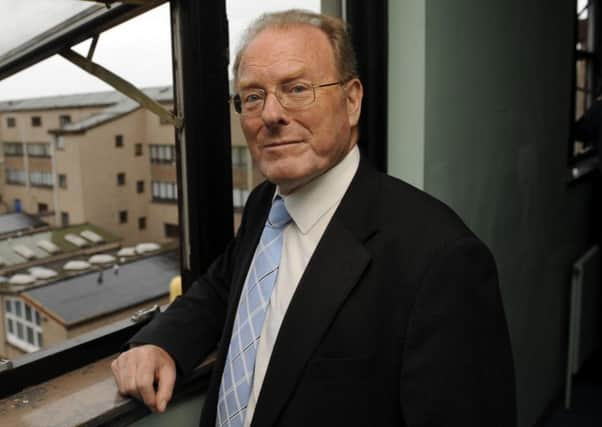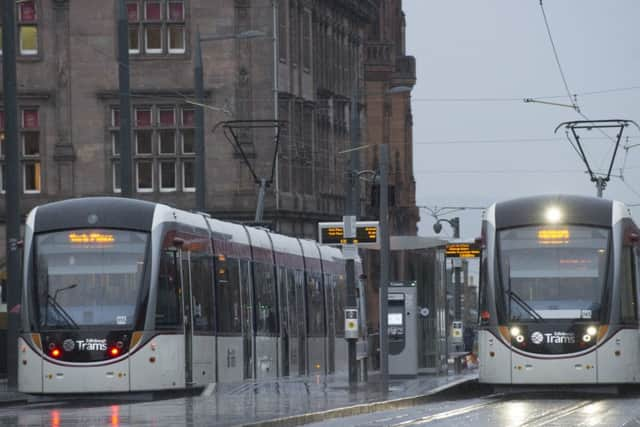Ex-convener wrestled with conscience over tram secrets


Ex-Lib Dem councillor Phil Wheeler received regular updates on the state of the project at meetings of the tram project board and the boards of arms-length tram firm TIE and Transport for Edinburgh Ltd (TEL).
But he said as a board member he had a duty of confidentiality and a duty not to divulge matters that had been discussed in confidence.
Advertisement
Hide AdAdvertisement
Hide AdHe told the inquiry: “I had difficulty differentiating what was not confidential at the board. I tended to err, in hindsight, a bit too much on the safe side and regarded most of what I gleaned at board meetings as being confidential.”


And he described feeling “hamstrung” when discussing the trams with his fellow Lib Dem councillors.
“They wanted me to fill them in on more things than I felt comfortable doing so. I had to try and resolve that with my conscience as to where I drew the line with confidentiality and to what extent I should trust anybody.”
Asked by inquiry counsel Jonathan Lake QC why there were councillors on the various tram boards, Mr Wheeler said: “Because the council was the ultimate owner of all these companies, it made sense to represent the council and its interests, and the public purse, by having councillors present on the boards.”
Advertisement
Hide AdAdvertisement
Hide AdHe acknowledged a potential conflict of interests but said he did not feel that at the time.


Mr Wheeler was asked about the dispute between TIE and contractors Bilfinger Berger when they refused to start the works on Princes Street in early 2009.
He said the matter – which was eventually settled with extra money paid to Bilfinger – had been discussed at the TIE board. “We felt we had little option but to go along with it if we wanted the work done on Princes Street.”
Mr Wheeler said even at that stage TIE gave out the message that the contract was sound.
Advertisement
Hide AdAdvertisement
Hide AdMr Lake asked whether lawyer Andrew Fitchie of DLA Piper, who was seconded to TIE, had given advice that there was a weakness in the contract that would enable the contractors to claim additional money.
Mr Wheeler said he did not recall such advice. “If I had heard that someone like Mr Fitchie had questioned the robustness of the contract I’m sure I would have remembered that.”
Earlier, former Tory councillor Allan Jackson, who served on the TIE and TEL boards, said it was “regrettable” that Transport Scotland had withdrawn from the project in 2007, leaving the council in sole charge.
“The council was a comparatively small body in the overall scheme of things. Transport Scotland, being a national government body would perhaps have had more clout.”